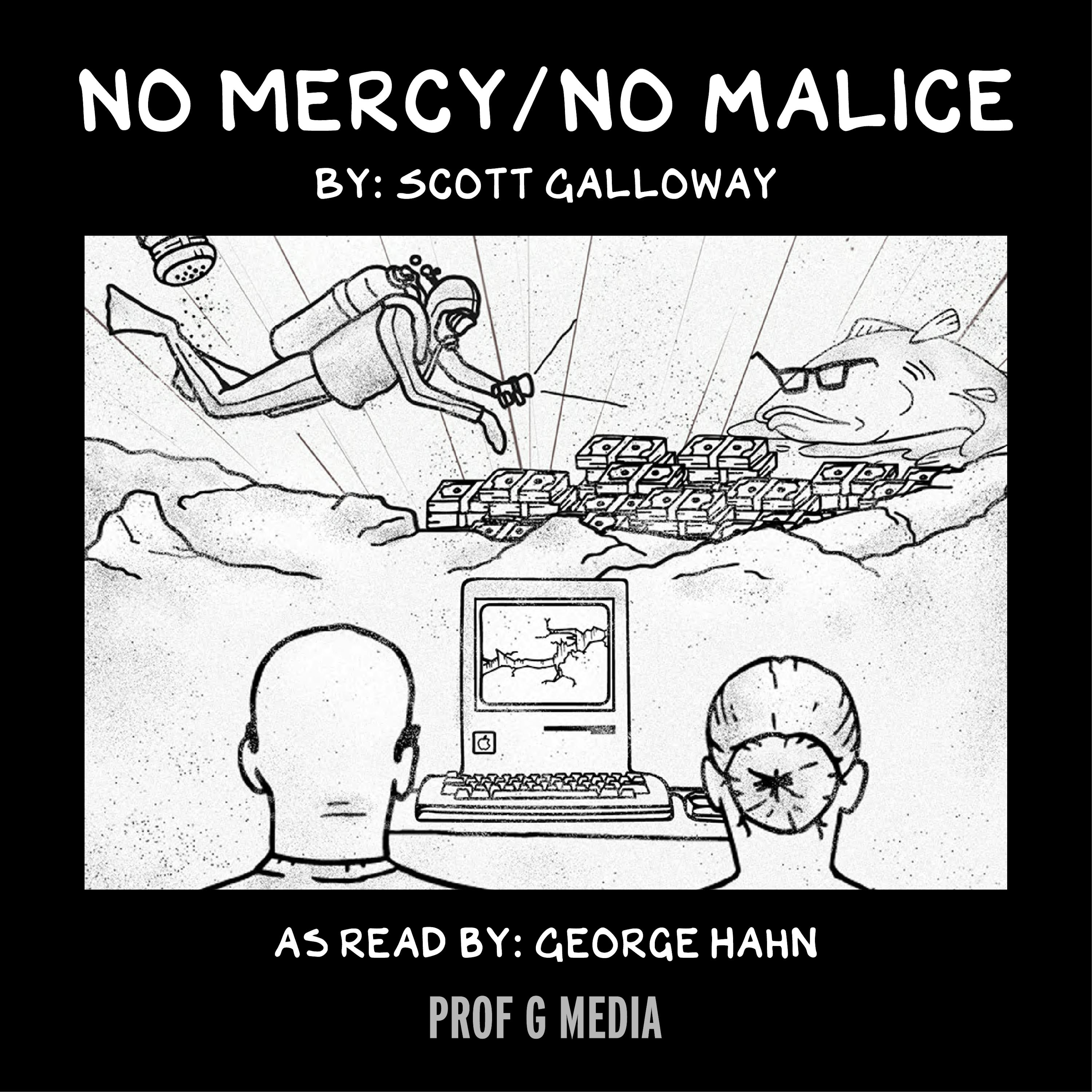No Mercy / No Malice: The End of the Blockbuster
As read by George Hahn.
https://www.profgalloway.com/the-end-of-the-blockbuster/
Learn more about your ad choices. Visit podcastchoices.com/adchoices
https://www.profgalloway.com/the-end-of-the-blockbuster/
Learn more about your ad choices. Visit podcastchoices.com/adchoices
Press play and read along
Transcript
Transcript is processing—check back soon.
The Prof G Pod with Scott Galloway — No Mercy / No Malice: The End of the Blockbuster





